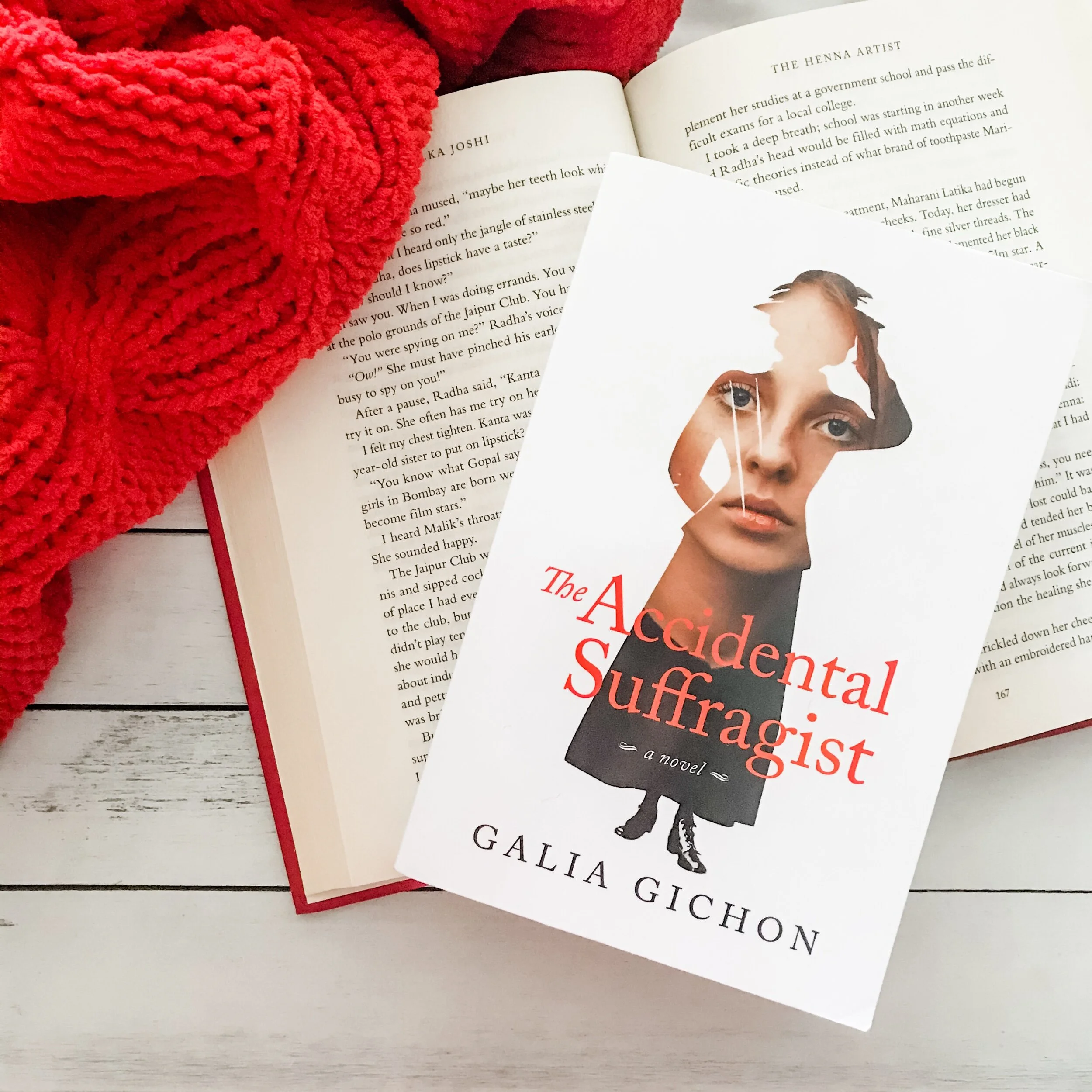The Other Black Girl
“The function, the very serious function of racism is distraction. It keeps you from doing your work. It keeps you explaining, over and over again, your reason for being." - Toni Morrison
The Other Black Girl is a contemporary fiction story that takes on the microaggressions that Black women face in the workplace.
Twenty-six-year-old editorial assistant Nella Rogers is tired of being the only Black employee at Wagner Books. Fed up with the isolation and microaggressions, she’s thrilled when Harlem-born and bred Hazel starts working in the cubicle beside hers. They’ve only just started comparing natural hair care regimens, though, when a string of uncomfortable events elevates Hazel to Office Darling, and Nella is left in the dust.
Then the notes begin to appear on Nella’s desk: LEAVE WAGNER. NOW.
It’s hard to believe Hazel is behind these hostile messages. But as Nella starts to spiral and obsess over the sinister forces at play, she soon realizes that there’s a lot more at stake than just her career.
This book has been compared to The Devil Wears Prada meets Get Out. Personally I did not see this at all. The Other Black Girl was less a thriller and more a social commentary story meets workplace drama. I think it would fall more under the category of satire than thriller, and I wasn’t expecting that. I was expecting and looking forward to a storyline that was more about the lack of diversity in publishing and more along those lines. My advice is to go into this story blind. It is one of those books the less you know about, the better the reading experience may be, since I expected something different after reading the synopsis.
This is a story that is very slow paced to build suspense (I’m guessing). For about the first 75% of the story nothing really happens. There were also multiple points of view presented in this story that really could have added to the suspense. These chapters followed other women who were embroiled in what was taking place with the publishing house, but rather than adding to the story they seemed to detract from it. Sadly these chapters didn't work for me, since not enough of the story had been revealed for them to make much sense, and the twist at the end felt completely farcical after much time had been spent building a very convincing setting and cast of characters.
I must applaud Zakiya Dalila Harris for her willingness to write a story that touches on a risky subject matter. I truly enjoyed reading the workplace settings and how Harris was able to evoke how Nella felt as the only Black woman at the publishing house. Defiantly a bold debut!







